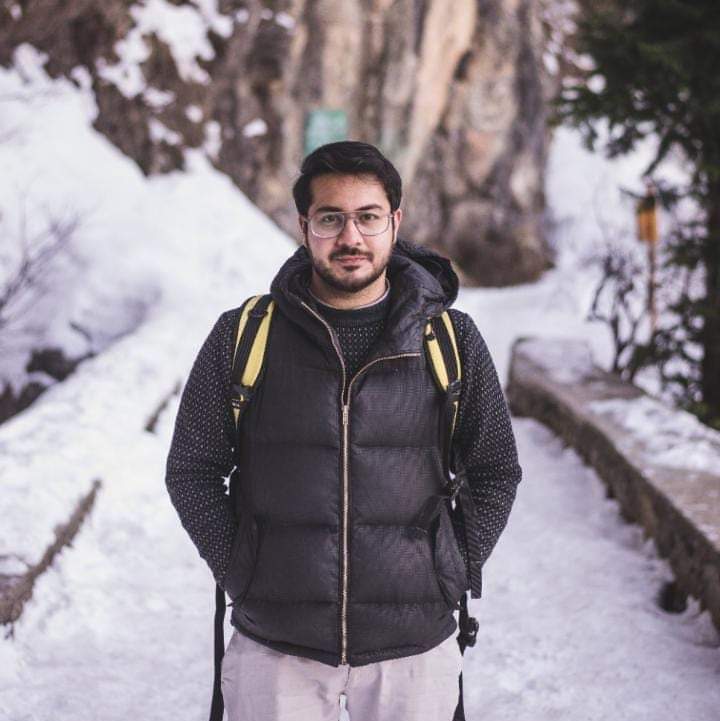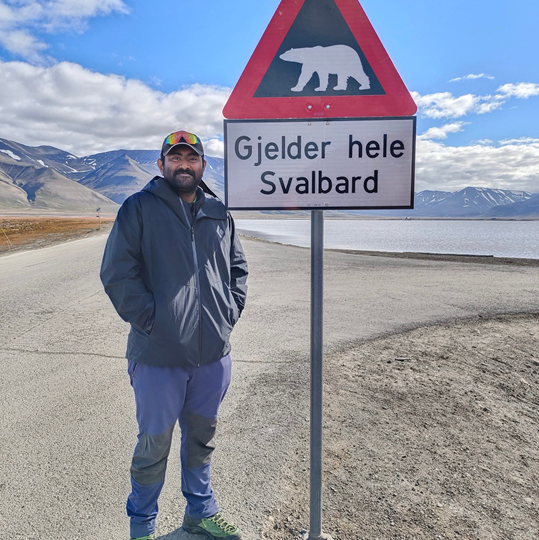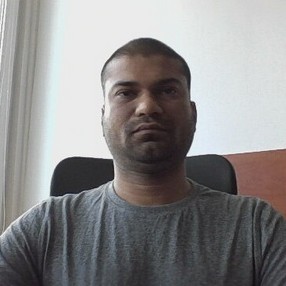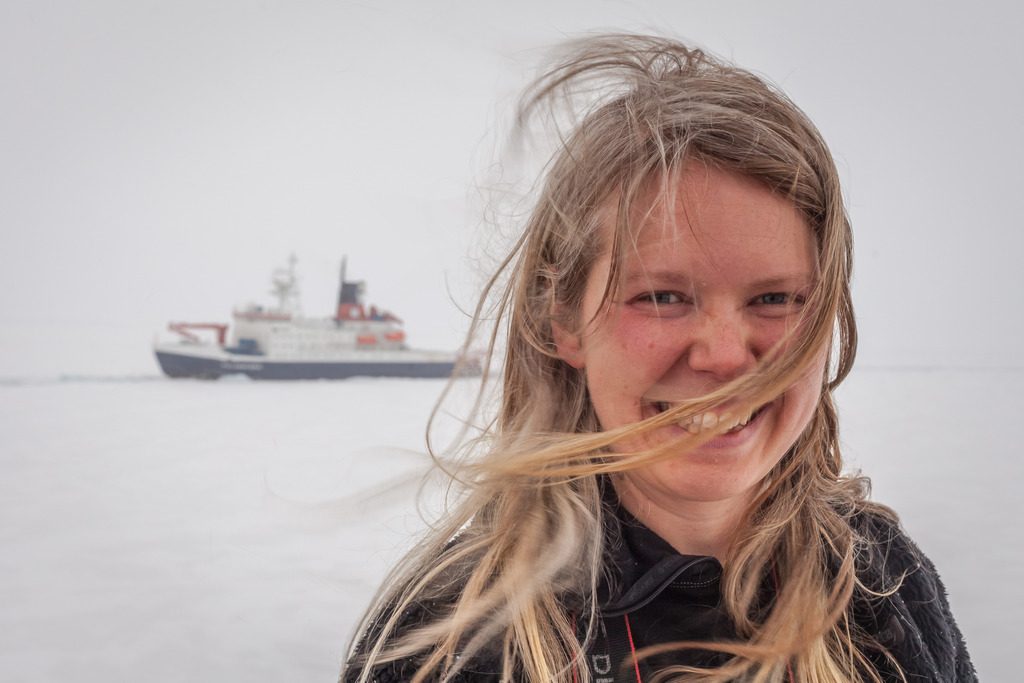Hi, I am Nicole Hanselmann from Zurich Switzerland and since September I am a PhD student at the department of Hydrology. I did a MSc in Physical Geography at the University of Zurich, during my studies my main interests were always on water in a frozen and unfrozen state and I discovered my passion for modeling the environment. However, due to the Covid Pandemic restrictions, I decided to use hyperspectral and thermal imagery for my master’s thesis instead of modeling to analyze the surface structures of Gorner Gletscher.
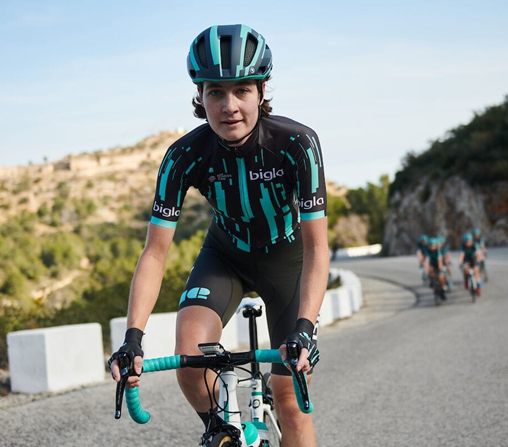
Before my start at the IGF I did an internship at MeteoSwiss where I was part of the Climate Monitoring Group. This work taught me a lot about how to process data and prepare scientific communications for the general public.
For the last 12 years, I was a semi-professional road cyclist, competing in the best international races. This time allowed me to meet and work with great people from all around the world. Travel mainly around Europe and see beautiful places. But it also taught me to work hard to reach goals, handle good and bad times, and get out stronger. Still, I believe that combining sport and study is a tough but also a good solution. Having a second passion is extremely helpful when handling a difficult situation and helps to stay grounded as well.
Since I am here in Warsaw I turned into a nice-weather cyclist and I would be happy if you can show me some hidden hills and beautiful cycling routes in Poland.


